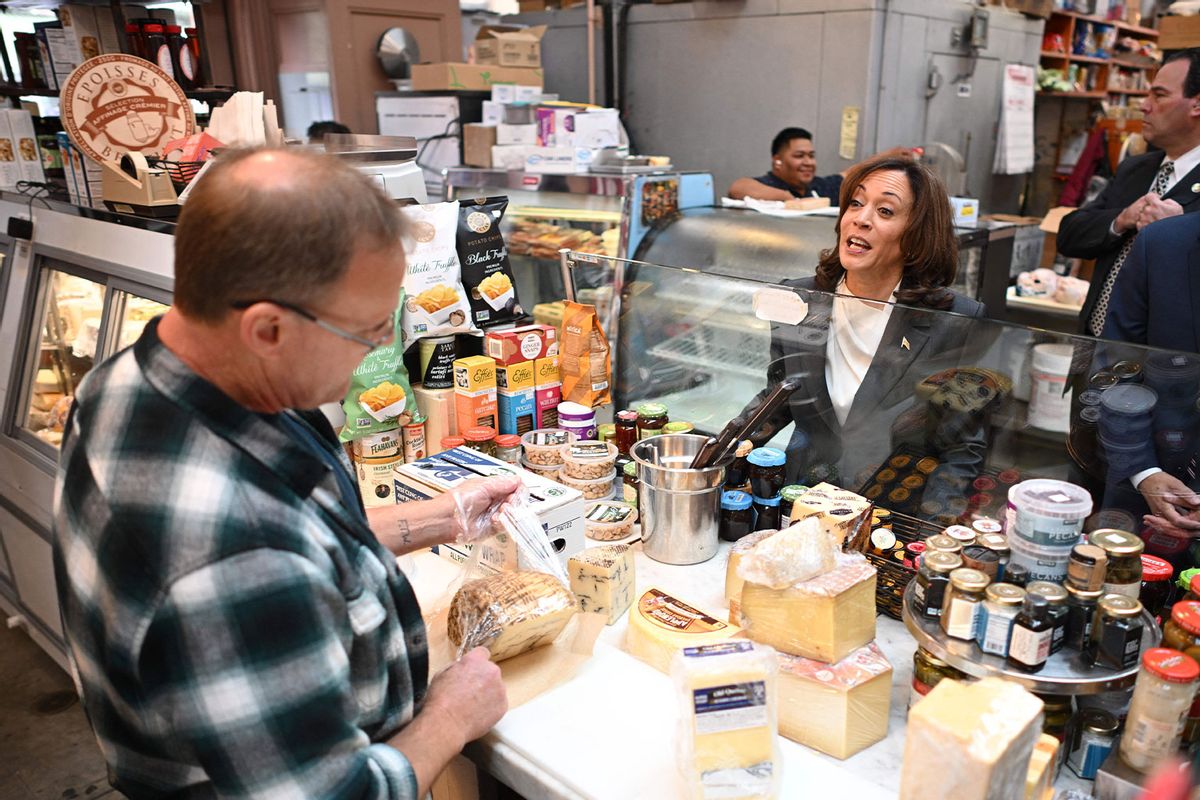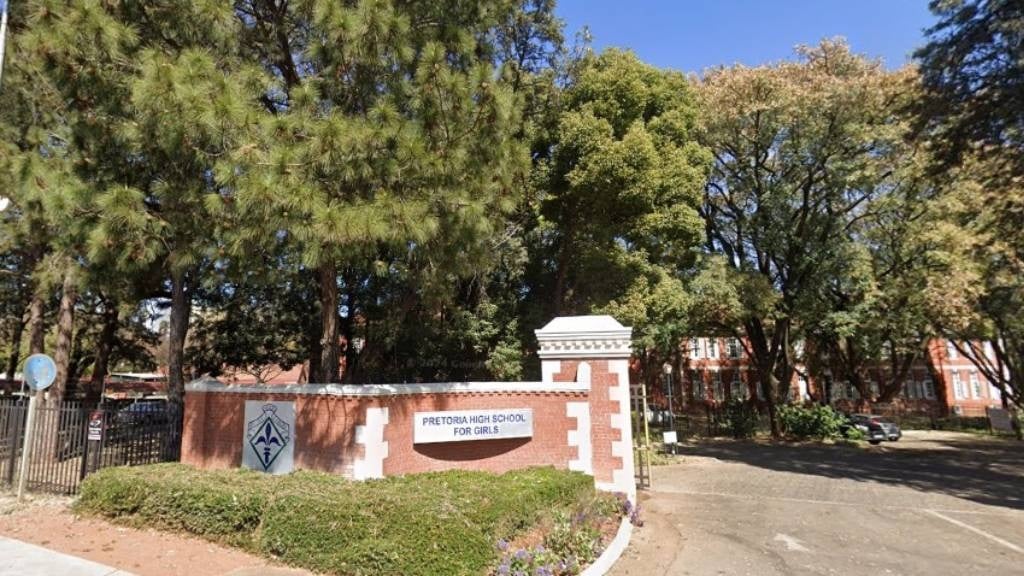Downing Street is preparing for a fresh Brexit showdown with Conservative MPs with the first commons vote on the prime minister’s Northern Ireland Protocol solution to be held on Wednesday.
The European Research Group of eurosceptic Conservative MPs is yet to deliver its final verdict on the so-called Windsor framework, however Downing Street expects any rebellion to be limited.
According to TalkTv, Downing Street is now “confident” a maximum of only 20 MPs could rebel against the Brexit deal when it is put to the House of Commons next week.
Asked if the 20 MP figure sounded right, Conservative MP Alec Shelbrooke told the broadcaster: “I think they are roughly about right. I think there is a hardcore which won’t accept any compromise at all but then there is no way out of the fact you want to honour the Good Friday Agreement.
Recording patient consultations about consent could avoid litigation

Confusion reigns over promised Govt guidance on blasphemy in schools
“I think the prime minister has done an outstanding job with this agreement. I think it was something a lot of people didn’t think we would get there”.
He added: “The public want this over and done with, parliament wants this over and done with. I think there is a few Japanese soldiers not believing the war is over but I think they are very, very few now”.
House of Commons leader Penny Mordaunt told parliament on Thursday that MPs will get the opportunity to debate and vote on the “Stormont Brake” element of the deal immediately after prime minister’s questions joust on March 22.
Rishi Sunak struck the deal on the Northern Ireland protocol in February, termed the Windsor Framework, after months of talks spanning three prime ministers.
It was announced at a joint press conference attended by the prime minister and the president of the European Commission Ursula von der Leyen.
The prime minister hailed the proposals as a “turning point” for Northern Ireland that would end uncertainty.
The fiercely anti-protocol Democratic Unionist Party is yet to decide if it will back the deal and restore power-sharing in Northern Ireland, while a handful of Sunak’s Brexiteer backbenchers have also raised concerns over the deal.
The DUP has been boycotting the devolved administration at Stormont for more than a year in protest at the post-Brexit trading arrangements known as the Northern Ireland Protocol.
It has outlined that the Windsor Framework is a step in the right direction, but maintains that certain areas require change.
Party representatives have spent the last week in Washington speaking to US representatives about the situation in Northern Ireland.
Senate Majority leader Chuck Schumer used the opportunity to urge the DUP to return to power-sharing arrangements.
He said: “I say to all parties in the North, but especially the DUP, let’s get to the people’s business, the business of power-sharing and self-governing.”
Sir Jeffrey Donaldson, the DUP leader, replied: “I would urge the senator to read some history books. Maybe he’d learn a little bit more about what really happens and the reality of the situation”.
Meanwhile, former prime minister Tony Blair has endorsed the new trading arrangements in Northern Ireland.
Giving evidence on the working of the Good Friday Agreement yesterday, Mr Blair told the Northern Ireland affairs select committee: “My reason for supporting what the government, this prime minister has done, on the Windsor Agreement is that I think it represents the most practical way forward that minimises all the theoretical objections”.
Labour have said they will back the Windsor framework in any commons vote. Speaking recently at an event in Derry, the Labour leader Sir Keir Starmer said he believes the new agreement between the UK and EU will bring the stalemate to an end.
He outlined: “You will see across Parliament as well that there is quite a consensus behind the protocol. That is why I said to Rishi Sunak, early on, we [Labour] will vote for the protocol.
“I’m a big believer that if you negotiate in good faith and bring people together, you get better results than if you just try to divide and argue. It feels that this time we’ve made progress because there’s been a different attitude to the negotiations”.





















Discussion about this post